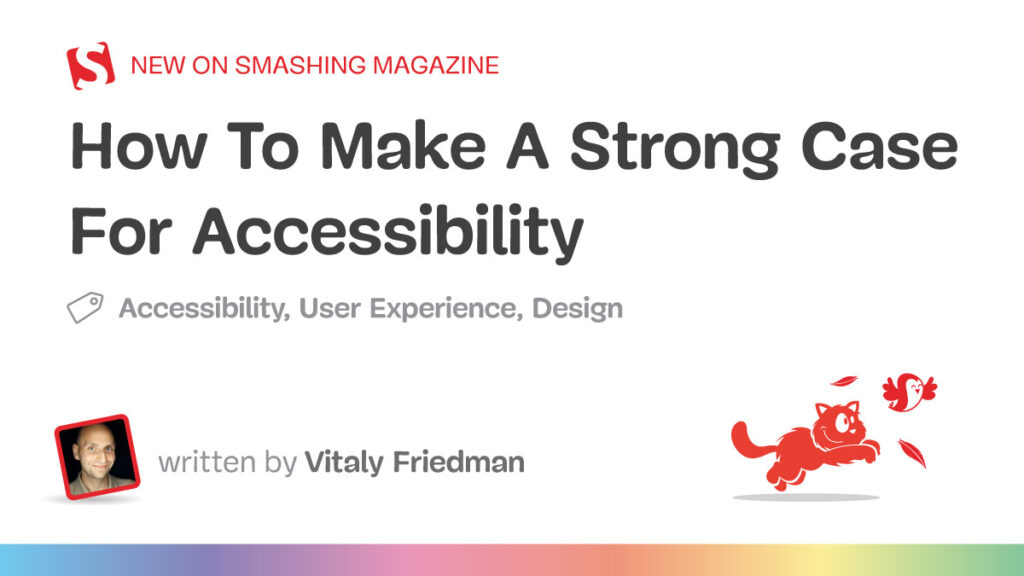In June 2024, Google teamed up with the FIDO
Alliance to host a passkey hackathon in Tokyo. The
goal was to present members hands-on expertise with passkey improvement and
prototyping passkeys for real-world merchandise, with Google and FIDO Alliance
employees available to supply steerage.
The hackathon noticed 9 groups dive into passkeys and the judges chosen 4 most
modern and impactful initiatives.
Grand winner: Keio College SFC-RG pkLock crew (Keio College)

Keio College’s SFC-RG pkLock crew was the one crew on this competitors to
tackle the problem of mixing IoT units with passkeys they usually even
introduced a 3D printer.
Their pkLock (pronounced “pic-lock”) goals to unravel the widespread downside of
cumbersome key handover for Airbnb and different personal lodging through the use of passkey
cross-device authentication.
The gadget they created consists of a QR code show gadget put in on the
exterior of the door and an unlocking gadget put in on the within. As well as
to the gadget, there’s a net utility that customers use for reserving and
unlocking. Visitors can unlock the door by holding their hand below the QR
code show gadget in entrance of the door, studying the displayed QR code with
their cell phone, and performing passkey authentication (cross-device
authentication).
Additionally they paid specific consideration to design a classy gadget that hosts
would need to set up of their lodging. Their complete method,
which additionally considers the potential widespread adoption of those units,
resonated strongly with the judges.

Throughout their presentation, they generated a lot pleasure among the many viewers by
really unlocking a miniature door they made throughout the hackathon. For this
demonstration, the gadget displayed a QR code containing a URL with a one-time
token that directs customers to an authentication web page. Sooner or later, they plan to
implement hybrid transports on the gadget to allow direct unlocking. They received
the hackathon for his or her pioneering efforts in exploring the probabilities of
utilizing passkeys on IoT units.
FIDO Award 1: SKKN (Waseda College)

SKKN is a analysis group from Waseda College, specializing in privateness
research. The crew has introduced a really superior use case of passkeys, combining
them with rising applied sciences–verifiable credentials
(VC) and zero-knowledge proof.
Because the verifiable credentials and zero-knowledge proof are within the highlight of
self-sovereign identity
and decentralized identity (SSI/DID), their
presentation has attracted nice consideration from each the hackathon judges and
different members.
Verifiable credentials (VCs) are digital certificates that show consumer
data equivalent to title, affiliation, and handle. If the Holder (pockets) that
shops and manages VCs is susceptible, VCs may be stolen by others, and others
can impersonate the consumer by presenting the VC. Along with enabling solely the
consumer who has the FIDO credential to current the VC, they’ve developed a way
that permits solely trusted pockets companies to deal with VCs.
Their implementation confirmed a number of benefits:
- By linking and issuing VCs and FIDO credentials, solely the proprietor of FIDO
can use the VCs. - Solely wallets trusted by Issuer and Verifier can be utilized.
- By utilizing passkeys, VCs and wallets may be backed up and recovered, and
customers can recuperate even when they lose their gadget.
FIDO Award 2: TOKYU ID (Tokyu)

The URBAN HACKS crew, also referred to as the TOKYU ID crew, from Tokyu Company,
has been awarded the FIDO Award for his or her modern passkey adoption for TOKYU
ID. The Tokyu Group is a big Japanese conglomerate with a variety of
companies centered round transportation and concrete improvement.
TOKYU ID is designed to streamline on a regular basis interactions, equivalent to practice rides.
Recognizing the vital significance of consumer expertise, the crew applied
passkey sign-in in February 2024, to deal with potential points equivalent to lacking a
practice attributable to delays in two-factor authentication in digital ticketing companies
supplied by an online utility.
They participated on this hackathon to validate their imaginative and prescient for TOKYU ID.
Their superb situation envisions all customers registering and logging in with
passkeys, coupled with seamless account restoration. To comprehend this, they targeted
on two key implementations on the hackathon: enabling passkey registration
throughout the preliminary membership sign-up course of and introducing social login for
account restoration. Uniquely, after restoration by means of social login, customers are solely
permitted to register a passkey, underscoring the crew’s dedication to a
passkey-centric design. Additionally they built-in FedCM to enhance the consumer
expertise in account linking processes.

The TOKYU ID crew’s passkey-centric method demonstrated a deep understanding
of consumer wants and product necessities. On the hackathon, they efficiently
applied their answer and delivered an fascinating presentation, which received
them the FIDO Award. Notably, they built-in Google Signal-In with out utilizing the
GIS SDK with simply vanilla JavaScript utilizing FedCM!
Google Award: Crew Nulab (Nulab)

Nulab is a software program firm that gives companies such
as Backlog, Cacoo and Nulab
Pass. They’ve a number of two-factor
authentication options (safety keys, SMS OTP, electronic mail OTP, TOTP) and WebAuthn
throughout their companies. Nulab was an early adopter of WebAuthn and
they have fully supported passkeys since October 2023.
They’ve applied eight new options:
- A passkeys card
- A passkey introductory content material
- Passkey adopter rewards
- Help for easy account restoration
- Signal-in with a passkey button
- Necessary 2FA for passkey adopters
- Password removing and passkey promotion on credential leaks
- Promote passkeys upon resetting a password
They demoed help for easy account restoration on the hackathon:
The concept was to nudge the consumer with an extra motion once they add a
passkey. If the added passkey is device-bound, suggest the consumer so as to add one other
passkey from a distinct password supervisor. If the added passkey is synced,
suggest the consumer to take away the password.
Additionally they applied rewards for customers who undertake passkeys with consumer account
icon highlighting. When the consumer adopts a device-bound passkey, the icon begins
to circling. When the consumer adopts a synced passkey, the icon begins to blink.
Since that is an enterprise instrument, this motivates customers to face out inside the
firm by adopting passkeys.
The judges have been impressed by their artistic concepts to enhance their passkey
implementation and particularly how customers can recuperate their account.
Extra fascinating initiatives
All groups on the hackathon had fascinating concepts and here is a glimpse into
their initiatives:
- Nikkei ID (Nikkei): Applied passkeys on prime of OpenID Join,
decreasing consumer friction. - Dentsu Soken (Dentsu Soken): Mixed passkeys with Google Signal-In
for seamless consumer onboarding. - SST-Tech (Safe Sky Know-how): Explored passkey emulation for
safety assessments. - Ajitei Nekomaru (Keio College): Launched passkey authentication
to an open-source LMS. - MyLIXIL (LIXIL): Achieved to implement passkeys as an
authentication methodology for MyLIXIL.
For extra particulars about every venture, try the complete
Tokyo passkeys hackathon report.
Takeaways and the longer term
All through the hackathon, members shared precious suggestions and questions,
highlighting each the keenness for passkeys and areas for enchancment.
These are among the key takeaways from the hackathon:
- There’s rising curiosity in combining passkeys with different applied sciences,
like verifiable credentials and zero-knowledge proofs. - Consumer expertise stays a prime precedence, with groups specializing in making
passkeys even simpler to make use of and undertake. - The hackathon highlighted the potential for passkeys to increase past
conventional sign-ins, into areas like IoT and digital identification.
The occasion was a powerful success, sparking new concepts and collaborations. As
passkeys acquire wider adoption, occasions like this are key to driving innovation and
addressing challenges.
It is an thrilling time for passkeys, and the Tokyo hackathon is proof that
builders are wanting to push the boundaries of what is potential.



